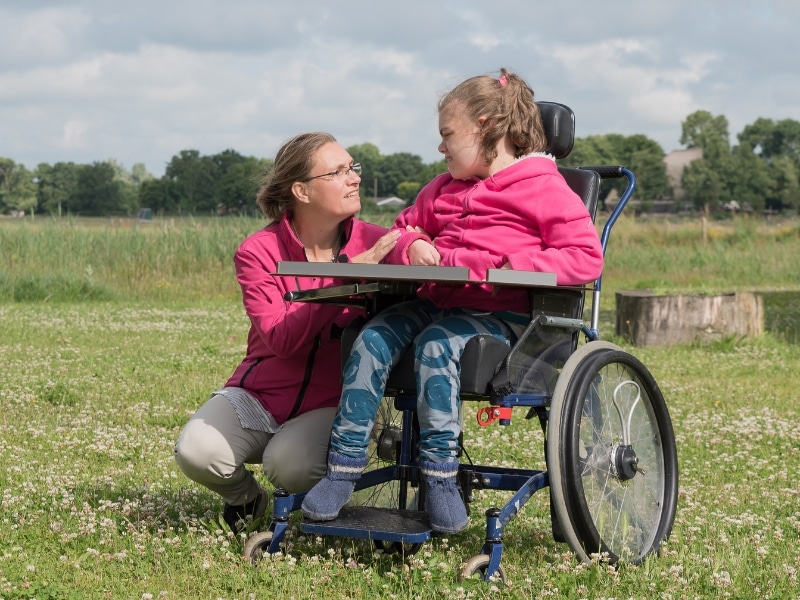
Managing complex needs within the NDIS system is daunting for many. The system offers a wide range of services, but navigating its intricacies is challenging. Therefore, support coordination becomes essential. This guide explores why NDIS support coordination is vital for those with complex needs. It also explains how it contributes to better individual outcomes.
How does support coordination help with complex needs?
Support coordination is crucial in helping individuals navigate the NDIS system. This service provides practical support in coordinating various aspects of a participant’s life. Here’s how support coordination helps:
- Navigating the NDIS system: Support coordinators understand the NDIS framework. They help participants identify appropriate services and providers.
- Managing funding: Support coordinators help ensure that the participant’s NDIS funds are used in the most effective way, facilitating access to a variety of support services.
- Connecting with service providers: They assist in sourcing the right support services, including personal care, transport, community participation, and more.
- Customising care plans: Coordinators help develop personalised care plans that align with the participant’s goals and needs.
- Monitoring progress: They track the progress of services and make adjustments as needed to ensure ongoing support meets the individual’s evolving needs.
Support coordination also focuses on research strategies for independent living. This helps individuals with disabilities maintain autonomy and achieve long-term independence. By offering this guidance, support coordination removes the complexity of the NDIS process, giving individuals with complex needs the support they deserve.
How does support coordination contribute to improved life outcomes?
Support coordination has a direct impact on the quality of life for people requiring extensive support. Here’s how it helps improve life outcomes:
- Empowering individuals: Through expert guidance, support coordinators enable individuals to take control of their lives and make informed decisions regarding their care.
- Building social connections: Coordinators connect individuals to social activities and community participation programs, helping to combat isolation and promote social inclusion. They play a crucial role in building community connections, fostering a sense of belonging, and reducing isolation, assisting participants with complex needs to create meaningful relationships and integrate into their communities.
- Promoting independence: By linking participants to the right services, support coordinators foster greater independence and autonomy in daily life.
- Achieving personal goals: Support coordinators provide the necessary resources. This helps individuals achieve their personal goals, such as education, employment, or independent living.
- A holistic approach to care: Support coordination ensures that all aspects of an individual’s life – including health, well-being, and personal development – are managed and supported.
Through a structured, person-centred approach, support coordination can help if you’re struggling with childcare by connecting you with appropriate support, making a tangible difference in the lives of individuals with complex needs
What are the challenges in support coordination?
While support coordination provides immense benefits, it’s not without its challenges. Coordinating services for individuals with diverse requirements requires time, skill, and knowledge of the NDIS system. Here are some of the main challenges:

- Navigating multiple service providers: Individuals with complex needs often require multiple services. Coordinating these services effectively can be challenging, especially when various providers have differing requirements and expectations.
- Ensuring continuity of care: Managing consistent, ongoing care is challenging. Service gaps and poor communication between providers create obstacles.
- Managing fluctuating needs: People with complex needs may experience fluctuations in their condition, making it difficult to plan for long-term care. Coordinators must be flexible and adaptive to these changes, which can be challenging without adequate resources.
- Keeping up with NDIS changes: The NDIS system itself is constantly evolving. Support coordinators must stay updated with policy changes, funding, and service availability to ensure the participant’s plan remains current and effective.
- Working with limited funding: Participants may face funding limitations, making it challenging to access all the services they need. Support coordinators need to optimise available resources to ensure the best possible outcome.
How can you access support coordination for complex needs?
Accessing support coordination is a straightforward process, though it may vary depending on individual circumstances. Here’s how you can get started:
- NDIS Plan Review: Support coordination is usually included in an NDIS plan. However, requesting it during the planning process is essential. If it’s not included, you can request it at your next plan review.
- Eligibility for Support Coordination: To access support coordination, a participant needs an NDIS plan. That plan needs to allocate funds for this specific service. The level of support coordination will depend on the individual’s needs and goals.
- Contacting a Service Provider: You can contact an NDIS-registered service provider specialising in support coordination. They will assess your needs and help guide you through the process of accessing and managing your NDIS supports. By choosing experienced providers, you can find comprehensive support coordination services for NDIS participants, ensuring the best possible outcomes for your care and goals.
- Choosing the Right Support Coordinator: Selecting a coordinator who understands your unique needs and goals is important. Look for a provider with experience in complex care and a proven track record of delivering effective support coordination services.
- Making the Most of Your Plan: With the right support coordination, you can maximise your NDIS plan, effectively using your funds and meeting all your support needs.
Conclusion: Embracing better support
NDIS Support Coordination is essential for individuals who require additional assistance. It ensures that they can access the services they need, manage their funding effectively, and work towards achieving their personal goals. With the right support coordination, individuals can experience improved life outcomes and a higher quality of life. If you’re looking for expert support coordination services in Sydney, discover how Choice Care Australia can assist with your NDIS journey.


